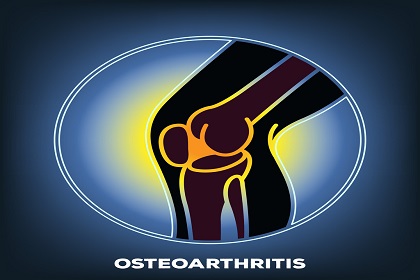Search
Constipation is typically classified as having fewer than 3 bowel movements per week. Symptoms of constipation include painful, hard, or incomplete bowel movements and/orstraining.
Things you can do to help reduce constipation:
Check Your Fluid Intake
If you don’t consume enough fluid it may make your symptoms worse. You may also want to cut down on liquids that can be dehydrating, like alcohol.
Note: If you are taking fiber supplements, you will also need additional fluid. Fiber absorbs water and can swell, potentially causing a blockage in your digestive tract.
Tip: Check the color of your urine. If it is dark yellow, you are probably not drinking enough fluid
Increase the Fiber in Your Diet (found in whole grains, fruits, vegetables, nuts and beans)
Fiber adds bulk and can soften bowel movements, making them easier to pass. Most people need between 25-35 grams of fiber per day.
Switching to whole grains is an easy way to increase your fiber intake, e.g. eating whole wheat pasta instead of white pasta.
Tip: Look for foods with 3 grams of fiber or more per serving
▶Soluble fiber(found naturally in apples, bananas, pears, plums, artichokes, carrots, peas, potatoes, squash, barley, oats and beans)
Soluble fiber acts like a gel and can help regulate bowel movements, especially if you alternate between constipation and diarrhea (this is common with irritable bowel syndrome).
Try to include a source of soluble fiber in your diet every day.
Tip: In addition to containing soluble fiber, prunes (dried plums) are a natural source of sorbitol, which can act like a laxative. Apples, cherries, dates, pears and peaches also contain sorbitol
▶Insoluble fiber (found naturally in whole grains, e.g. whole wheat bread and brown rice, bran, and the edible skins of fruits andvegetables)
Insoluble fiber helps to move food through your digestive tract, thus increasing your bowel movements. It also adds bulk to movements, making them easier to pass.
Tip: If you normally peel the edible skins of vegetables, e.g. cucumbers and potatoes, leave them on to increase your intake of insoluble fiber
Get Active
Exercise may increase muscular contractions in your intestines, thus aiding bowel movements.
Most healthy adults need at least 150 minutes of moderate physical activity per week, such as brisk walking or riding a bike.
Tip: Try to spread your activity throughout the week. If you need to increase your activity, aim for small increases (i.e. 10 minutes at a time). Consult your doctor if you are unsure if you should increase your activity
Limit/Avoid the Use of Laxatives
Long-term use of certain laxatives can reduce your body's natural ability to have regular bowel movements and can cause laxative dependence.
• Fiber is nature's natural laxative. If you simply aren’t able to consume enough fiber through food, you could try taking a fiber-containing laxative, like Metamucil or Citracel. However, be aware that fiber supplements can interfere with the absorption of certain medications
• Your doctor may also suggest taking a stimulant laxative (such as Senokot or Dulcolax), an osmotic laxative (such as Miralax), or a stool softener (such as Colace). Be sure to check with your doctor before buying over-the-counter versions of these laxatives, as they can affect electrolyte levels (such as potassium) in the body
Check Your Supplements and Medications
Calcium and iron supplements can contribute to constipation. Antacids can also cause constipation, as can long-term use of certain pain medications, like opiates. Certain antidepressants (such as amytriptline), diuretics (such as furosemide), and blood pressure medications may also affect bowel regularity.
• A dietitian can review your diet to see if a nutrition supplement is necessary. A dietitian may also advise you on how to reduce heartburn to decrease reliance on antacids
• If you are concerned that medication may be contributing to your constipation, talk to your doctor
Note: While research does not support taking probiotic supplements to relieve constipation, consuming healthy probiotic-containing foods (like yogurt, kefir, miso and kimchi) may offer benefits and should not worsen constipation if consumed as part of a regular diet.
Practice Regularity
Do not resist the urge to have a bowel movement, as this may worsen constipation symptoms. You may even want to set aside time each day to have a bowel movement, such as after breakfast.
Eating regular meals also helps your colon work properly. Try to avoid skipping meals and be sure you are consuming adequate calories to support normal bowel function.
This document is intended to provide health related information so that you may be better informed. It is not a substitute for your care team's medical advice and should not be relied upon for treatment for specific medical conditions.
© 2017 The General HospitalCorporation.
Primary Care OfficelnSite
developed by the MGH Laboratory of Computer Science and Division of General Internal Medicine
Click the link for more information on Family Medicine Clinical Service











